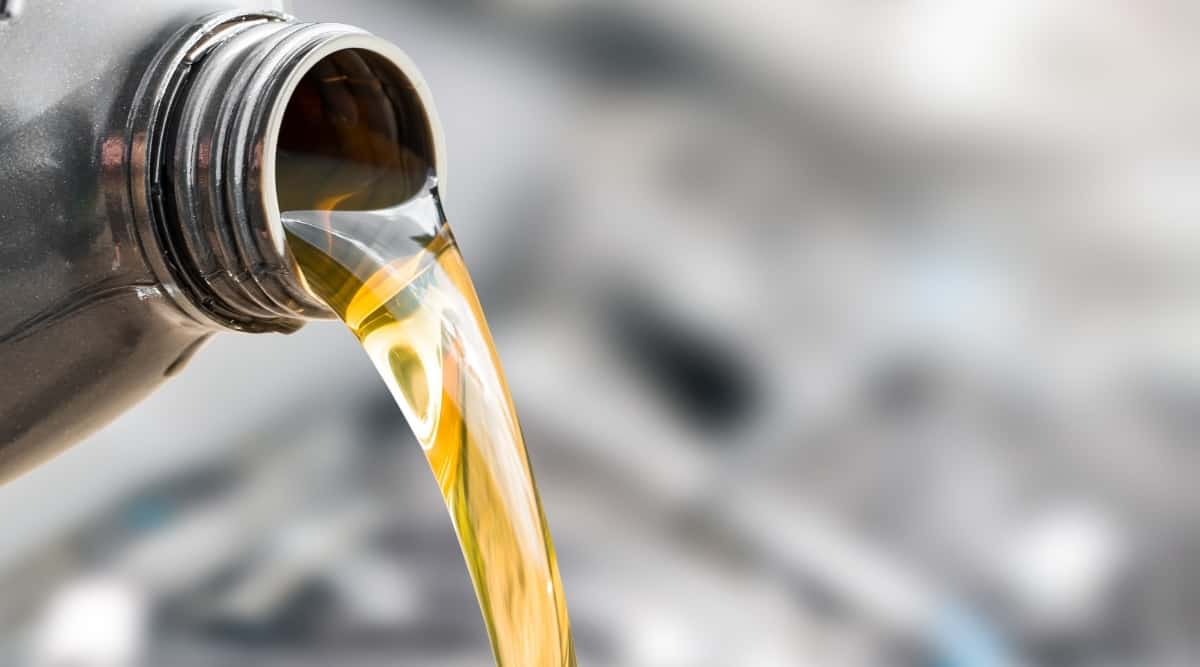

Articles
What Oil Does A Ryobi Pressure Washer Use
Modified: May 6, 2024
Discover the best oil for your Ryobi pressure washer in our informative articles. Keep your machine running smoothly and efficiently with the right oil choice.
(Many of the links in this article redirect to a specific reviewed product. Your purchase of these products through affiliate links helps to generate commission for Storables.com, at no extra cost. Learn more)
Introduction
Welcome to the world of Ryobi pressure washers, where power meets efficiency. Whether you’re cleaning your driveway, outdoor furniture, or even your car, a Ryobi pressure washer can make the task a breeze. But have you ever wondered what kind of oil is needed to keep your pressure washer running smoothly?
In this article, we will dive into the topic of what oil a Ryobi pressure washer uses and why it’s important to choose the right one. We’ll also explore the different types of oil suitable for these machines and provide a step-by-step guide on how to perform an oil change. Plus, we’ll share some valuable tips on maintaining and extending the life of your Ryobi pressure washer.
So, buckle up and get ready to learn all about the ins and outs of Ryobi pressure washer oil!
Key Takeaways:
- Choosing the right oil for your Ryobi pressure washer is crucial for smooth operation, engine longevity, and optimal cleaning efficiency. Different models may have specific oil requirements, so consult the user manual or manufacturer’s guidelines for the correct type and viscosity.
- Regular oil changes, proper maintenance, and following manufacturer’s guidelines are essential for extending the life of your Ryobi pressure washer. By adhering to these practices, you can ensure that your pressure washer remains a reliable tool for all your cleaning tasks.
Understanding Ryobi Pressure Washers
Ryobi pressure washers are renowned for their power and versatility. These machines use high-pressure water jets to remove dirt, grime, mold, and other stubborn stains from various surfaces. They are commonly used for cleaning driveways, decks, fences, siding, and even vehicles.
Ryobi offers a wide range of pressure washers, catering to different cleaning needs and preferences. From compact electric models suitable for lighter tasks to robust gas-powered units capable of tackling heavy-duty projects, there is a Ryobi pressure washer for every job.
One key feature that sets Ryobi pressure washers apart is their user-friendly design. These machines often come equipped with ergonomic handles, adjustable nozzles, and quick-connect fittings, making them easy to operate and maneuver.
Furthermore, Ryobi pressure washers offer adjustable pressure settings, allowing users to customize the water pressure according to the task at hand. This flexibility ensures that you can achieve optimal cleaning results without causing damage to delicate surfaces.
As with any mechanical device, proper maintenance is crucial to ensure the longevity and performance of your Ryobi pressure washer. This includes regular oil changes, which help lubricate the engine and prevent excessive wear and tear.
Now that we have a basic understanding of Ryobi pressure washers, let’s delve into why using the right oil is essential for their proper functioning.
Importance of Using the Right Oil
Using the right oil for your Ryobi pressure washer is of utmost importance for several reasons. First and foremost, it ensures the smooth operation and longevity of the machine. The oil acts as a lubricant, reducing friction between the internal components of the engine.
By using the correct oil, you can protect the engine from excessive wear and tear, which can lead to malfunctions or even complete breakdowns. This is particularly crucial for gas-powered models with more complex engines that require proper lubrication to function optimally.
Additionally, using the right oil can help optimize the performance and efficiency of your Ryobi pressure washer. The oil maintains the engine at the correct temperature, preventing overheating and ensuring consistent power output. This, in turn, allows for effective and efficient cleaning, saving you time and effort.
Choosing the wrong oil or neglecting regular oil changes can have adverse effects on your pressure washer. It can lead to decreased performance, reduced cleaning power, and potential damage to the engine. Using improper oil can also void the warranty on your machine, leaving you responsible for any repairs or replacements.
It’s important to note that different models of Ryobi pressure washers may have specific oil requirements. Therefore, it is crucial to consult the user manual or manufacturer’s guidelines to determine the correct type and viscosity of oil to use in your specific machine.
Now that we understand the significance of using the right oil, let’s explore the various types of oil that are suitable for Ryobi pressure washers.
Types of Oil for Ryobi Pressure Washers
When it comes to selecting the right oil for your Ryobi pressure washer, there are a few options available. The choice of oil depends on the type of pressure washer you have and its specific requirements. Here are the common types of oil used in Ryobi pressure washers:
- SAE 10W-30: This is a multi-viscosity oil suitable for most gas-powered Ryobi pressure washers. It offers good all-season protection and lubrication.
- Synthetic 5W-30: If you live in an area with extreme temperatures, using synthetic oil with a lower winter viscosity like 5W-30 can provide better cold-weather starting and improved protection in hot conditions.
- Detergent Oil: Some Ryobi pressure washers may require the use of detergent oil, which has additives that help keep the engine clean by preventing the buildup of deposits and contaminants.
- Bio-Oil: For those who prioritize environmental sustainability, bio-oils made from renewable resources can be used in Ryobi pressure washers. These oils are biodegradable and more eco-friendly.
It is crucial to refer to the user manual or check the manufacturer’s recommendations to determine the specific oil requirements for your Ryobi pressure washer. This ensures that you select the appropriate oil type and viscosity for optimal performance and engine longevity.
Now that we know the different types of oil, let’s move on to the steps involved in performing an oil change in a Ryobi pressure washer.
Ryobi pressure washers typically use SAE 30 motor oil for the engine and pump oil for the pump. Be sure to check the owner’s manual for specific oil recommendations.
Steps to Oil Change in a Ryobi Pressure Washer
Performing regular oil changes is essential to keep your Ryobi pressure washer running smoothly. Here are the steps involved in conducting an oil change:
- Prepare the pressure washer: Start by turning off the pressure washer and disconnecting it from any power source. Allow the engine to cool down if it has been in use.
- Locate the oil cap: The oil cap is typically located on the side or top of the engine. Consult the user manual or manufacturer’s guidelines if you’re unsure about its exact position.
- Drain old oil: Place a drain pan or container underneath the pressure washer to catch the old oil. Remove the oil cap and tilt the machine to allow the oil to drain into the container. Use caution not to spill any oil on the surrounding area.
- Dispose of old oil properly: Once the old oil has been drained, it’s important to dispose of it responsibly. Check local regulations for proper disposal methods or take it to a designated oil recycling facility.
- Fill with new oil: Refer to the user manual or manufacturer’s guidelines to determine the appropriate oil type and viscosity for your pressure washer. Pour the recommended amount of new oil into the oil fill opening, ensuring not to overfill.
- Check the oil level: Use the dipstick, if provided, or the oil sight glass to check the oil level. Adjust if necessary by adding or draining oil to achieve the correct level as indicated in the user manual.
- Secure the oil cap: Once you’re satisfied with the oil level, securely tighten the oil cap to prevent any leaks.
- Clean up: Wipe off any spills or excess oil from the pressure washer with a clean cloth. Dispose of the oil-soaked cloth properly.
- Perform a test run: Start the pressure washer and let it run for a few minutes to allow the new oil to circulate through the engine. Check for any leaks or unusual noises during operation.
By following these steps, you can ensure that your Ryobi pressure washer is properly lubricated and ready to tackle your next cleaning task with optimum efficiency.
Read more: What Soap To Use In Ryobi Pressure Washer
Tips for Maintaining and Extending the Life of a Ryobi Pressure Washer
Maintaining your Ryobi pressure washer not only ensures its longevity but also maximizes its performance. Here are some tips to help you keep your pressure washer in excellent condition:
- Follow the manufacturer’s guidelines: Read the user manual thoroughly and adhere to the recommended maintenance schedule and procedures provided by Ryobi. This includes oil changes, filter replacements, and any other necessary maintenance tasks.
- Clean the pressure washer after each use: Rinse off any debris or dirt on the machine after each cleaning session. This helps prevent clogging and ensures the longevity of the nozzles, hoses, and other components.
- Store the pressure washer properly: When not in use, store your Ryobi pressure washer in a clean, dry area. Protect it from extreme temperatures and direct sunlight to prevent damage to the engine and other parts.
- Inspect and replace worn-out parts: Regularly inspect the hoses, nozzles, filters, and other parts for signs of wear or damage. Replace any worn-out or damaged components promptly to avoid further issues.
- Check for leaks: Inspect the pressure washer for any leaks before each use. Any leakage should be addressed and repaired immediately to prevent further damage and maintain optimal performance.
- Use the appropriate cleaning agents: When using detergents or chemicals in your pressure washer, make sure to use the products recommended by Ryobi. Avoid using harsh chemicals or abrasive cleaners that can damage the machine or the surfaces you’re cleaning.
- Keep the air filter clean: The air filter helps prevent dust and debris from entering the engine. Clean or replace the air filter as recommended by Ryobi to ensure proper airflow and prevent performance issues.
- Perform regular maintenance checks: In addition to oil changes, periodically check the spark plug, fuel lines, and other critical components of your pressure washer. Clean or replace them as necessary to maintain optimal performance.
- Engage in safe operating practices: Always follow safety guidelines when operating your Ryobi pressure washer. Use appropriate personal protective equipment, such as gloves and goggles, and be cautious around electrical connections and moving parts.
- Seek professional assistance when needed: If you encounter any major issues or are unsure about performing certain maintenance tasks, it’s best to seek professional assistance from a qualified technician or Ryobi service center.
By following these tips, you can ensure that your Ryobi pressure washer remains in top-notch condition, providing optimal performance and lasting durability for years to come.
Conclusion
In conclusion, using the right oil and properly maintaining your Ryobi pressure washer is essential for its optimal performance and longevity. By understanding the importance of selecting the correct oil, you can ensure smooth operation, prevent excessive wear, and maximize cleaning efficiency.
Different types of oil, such as SAE 10W-30, synthetic 5W-30, detergent oil, and bio-oil, are suitable for various Ryobi pressure washer models. It is crucial to refer to the user manual or manufacturer’s guidelines to determine the specific oil requirements for your machine.
Performing regular oil changes and following proper maintenance procedures will help keep your pressure washer in excellent condition. This includes cleaning it after each use, inspecting and replacing worn-out parts, and storing it properly.
By adhering to these maintenance tips and engaging in safe operating practices, you can extend the life of your Ryobi pressure washer and ensure it remains a reliable tool for all your cleaning endeavors.
Remember, when in doubt or encountering major issues, don’t hesitate to seek professional assistance from a qualified technician or Ryobi service center. With proper care and maintenance, your Ryobi pressure washer will continue to deliver powerful performance and keep your outdoor spaces sparkling clean.
Now that you're set on the best oil for your Ryobi pressure washer, it’s time to level up your cleaning game. Discover the essential add-ons in our next article, which highlights indispensable tools for maximizing efficiency and effectiveness. These accessories are must-haves for any pressure washer enthusiast looking to elevate their routine.
Frequently Asked Questions about What Oil Does A Ryobi Pressure Washer Use
Was this page helpful?
At Storables.com, we guarantee accurate and reliable information. Our content, validated by Expert Board Contributors, is crafted following stringent Editorial Policies. We're committed to providing you with well-researched, expert-backed insights for all your informational needs.
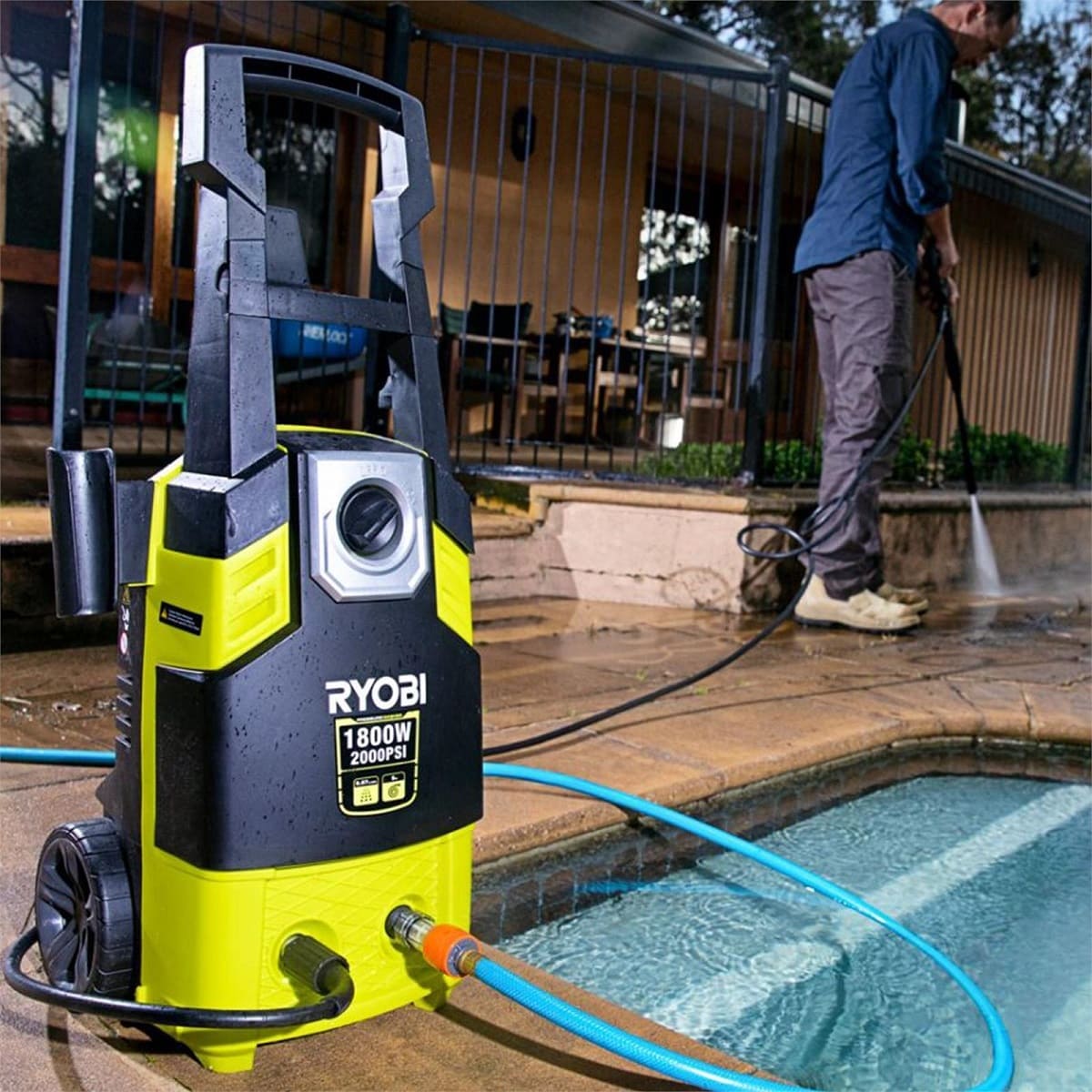
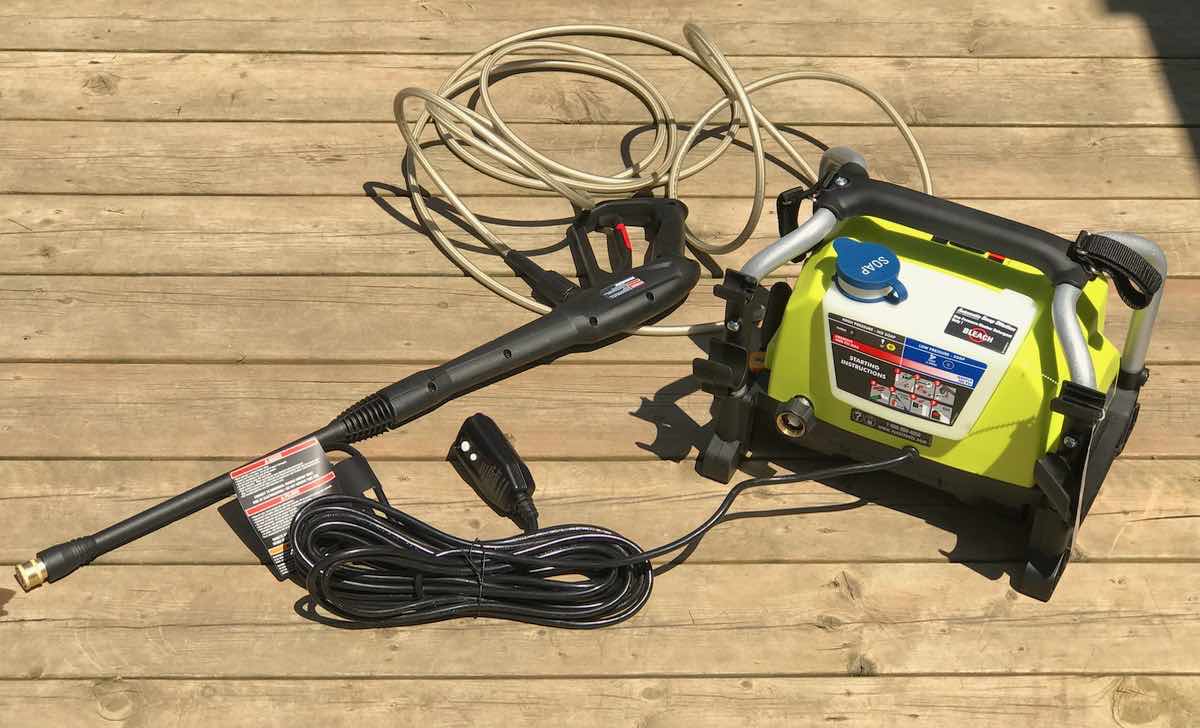
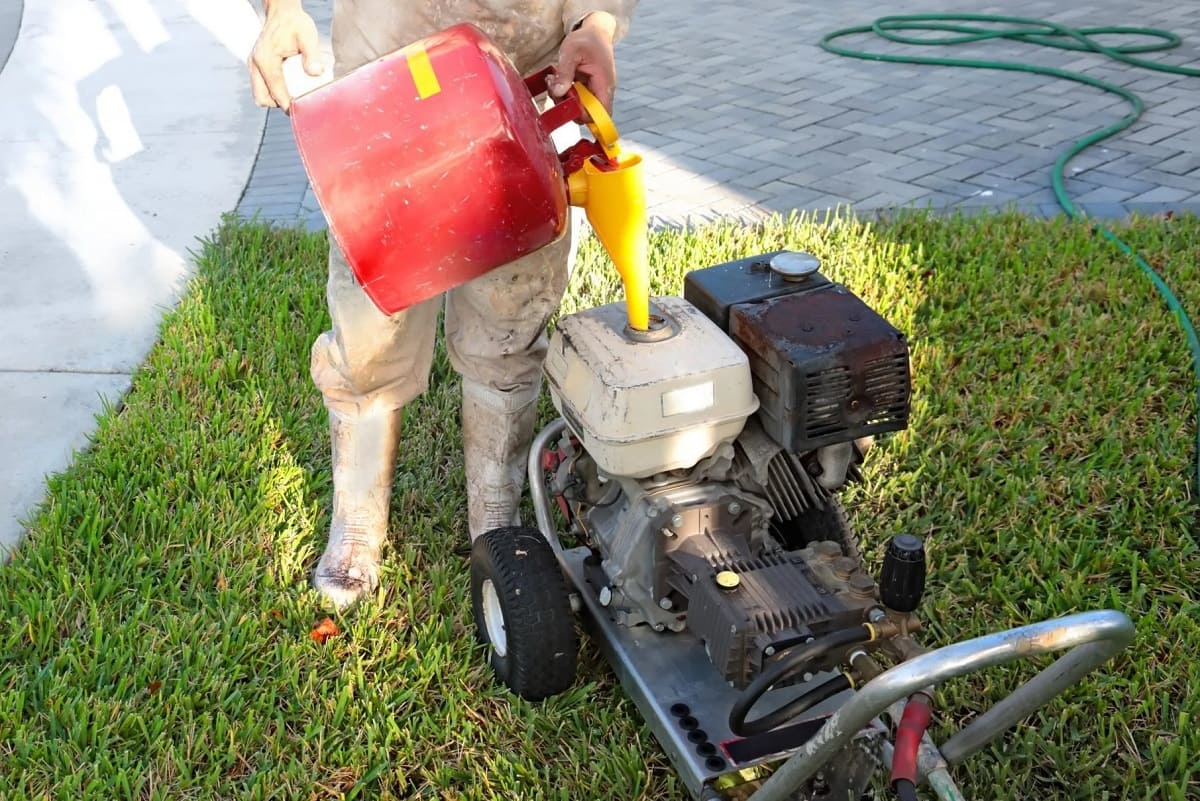
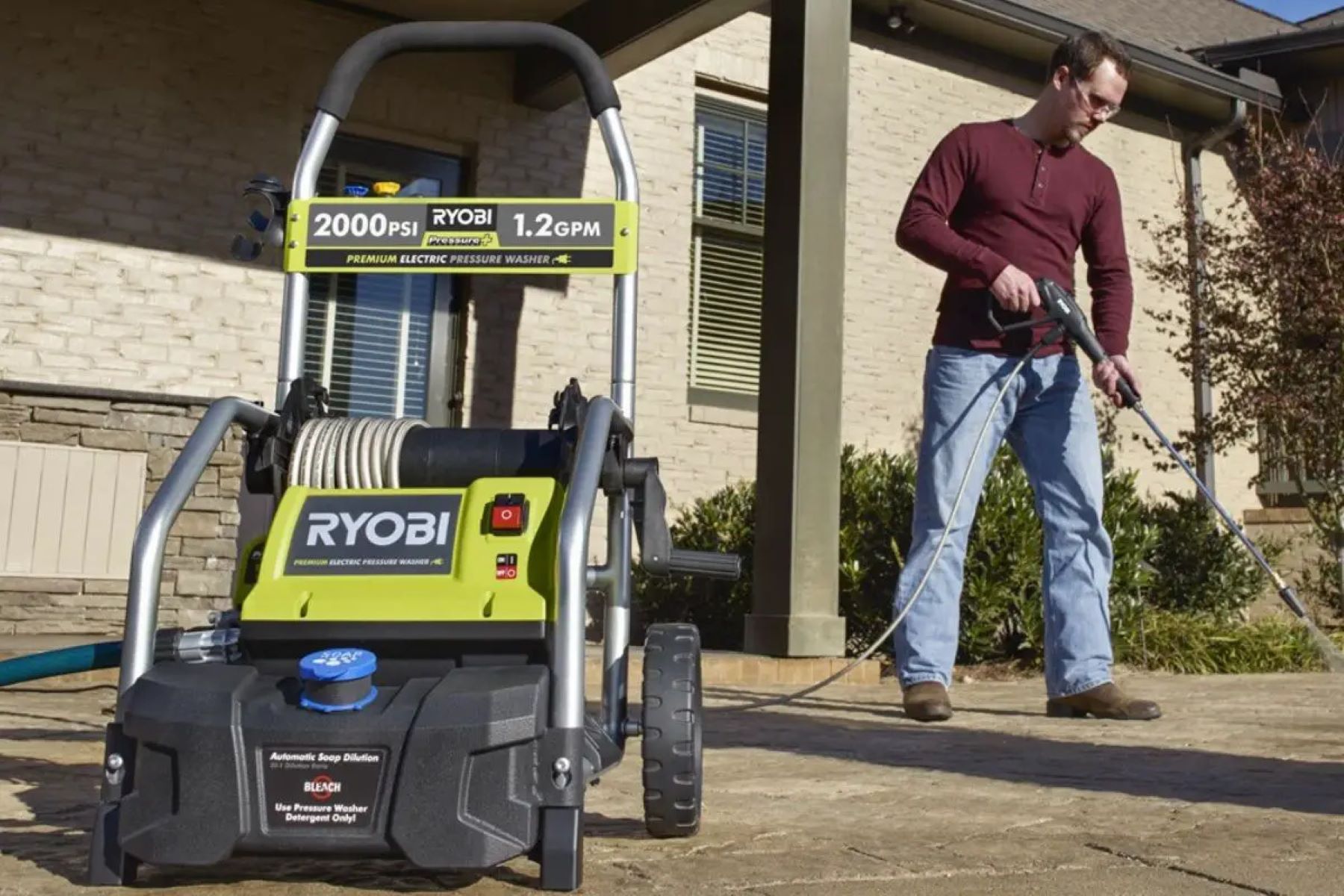
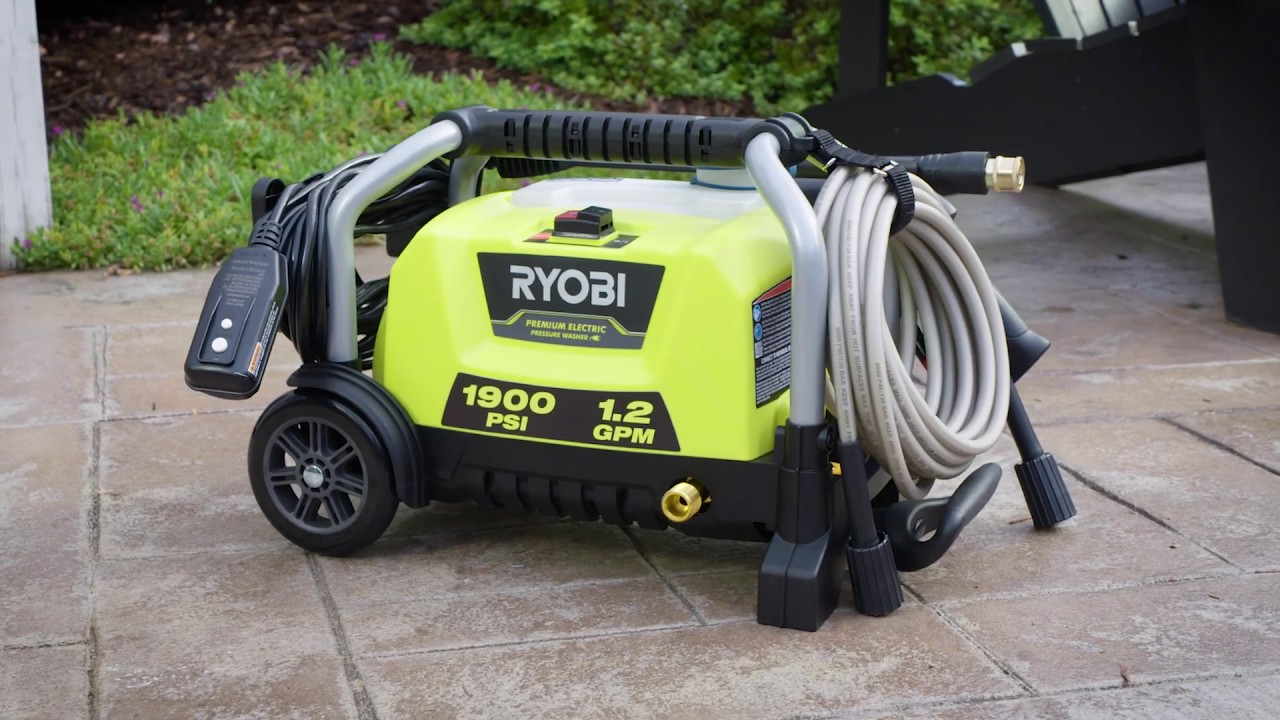
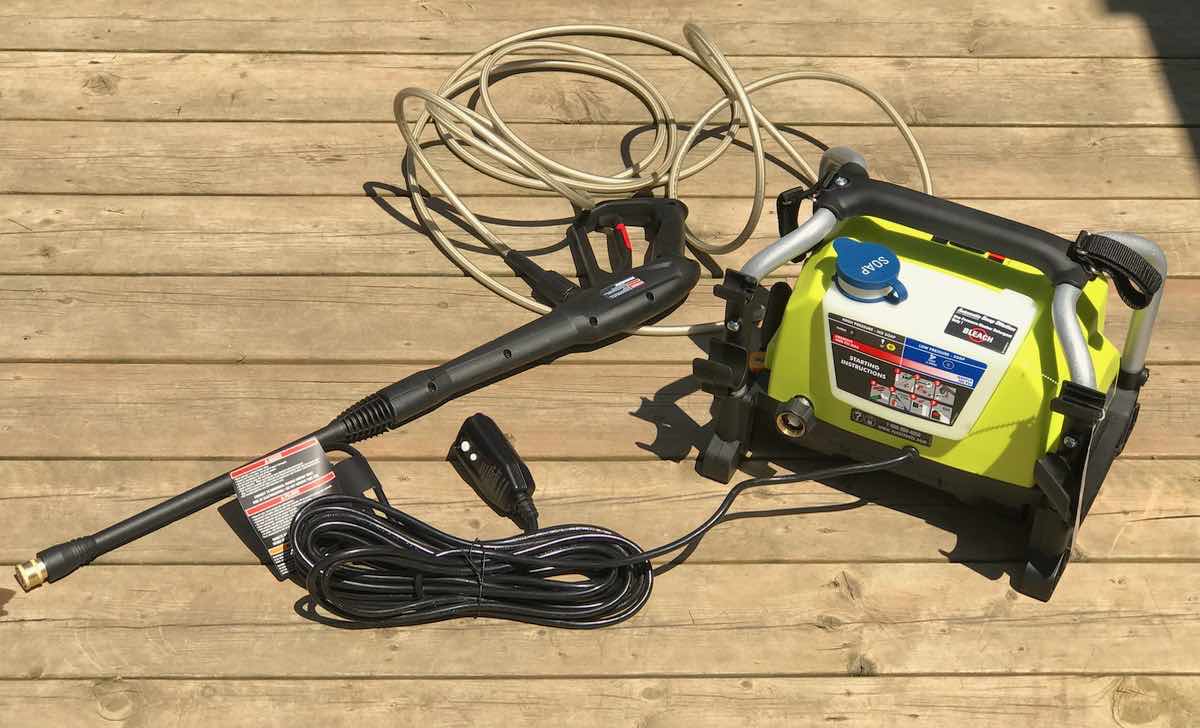
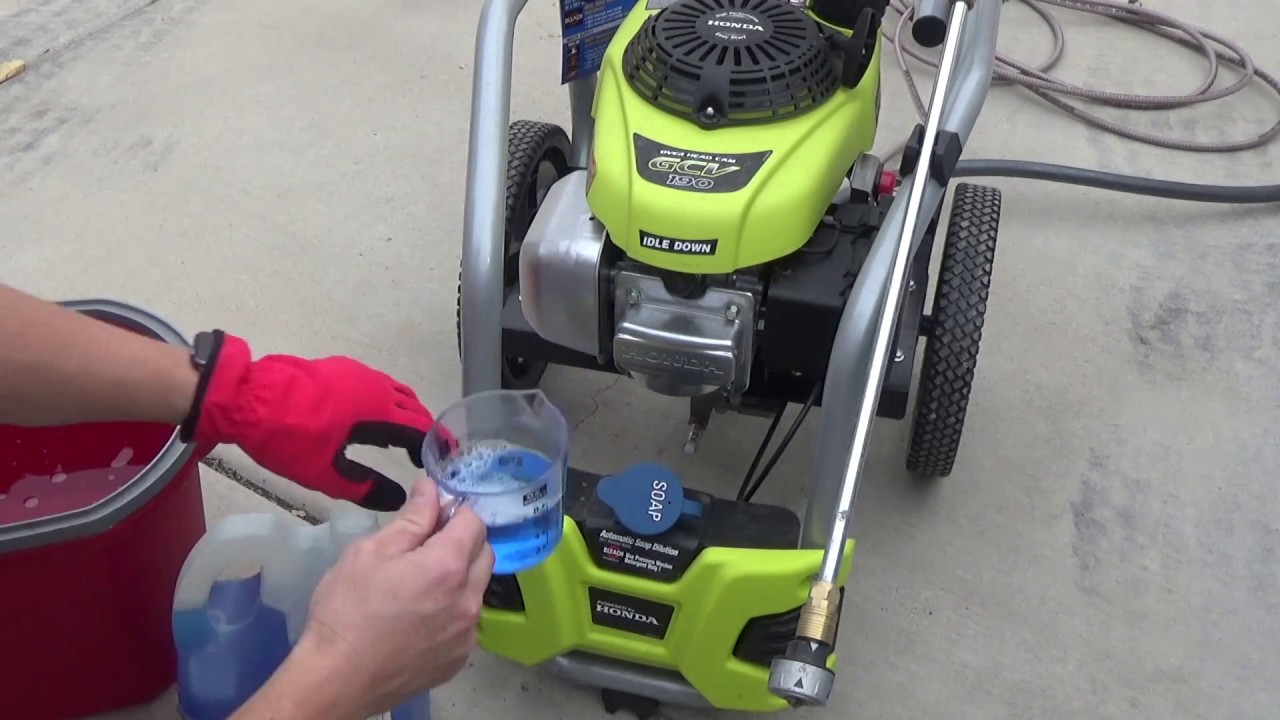
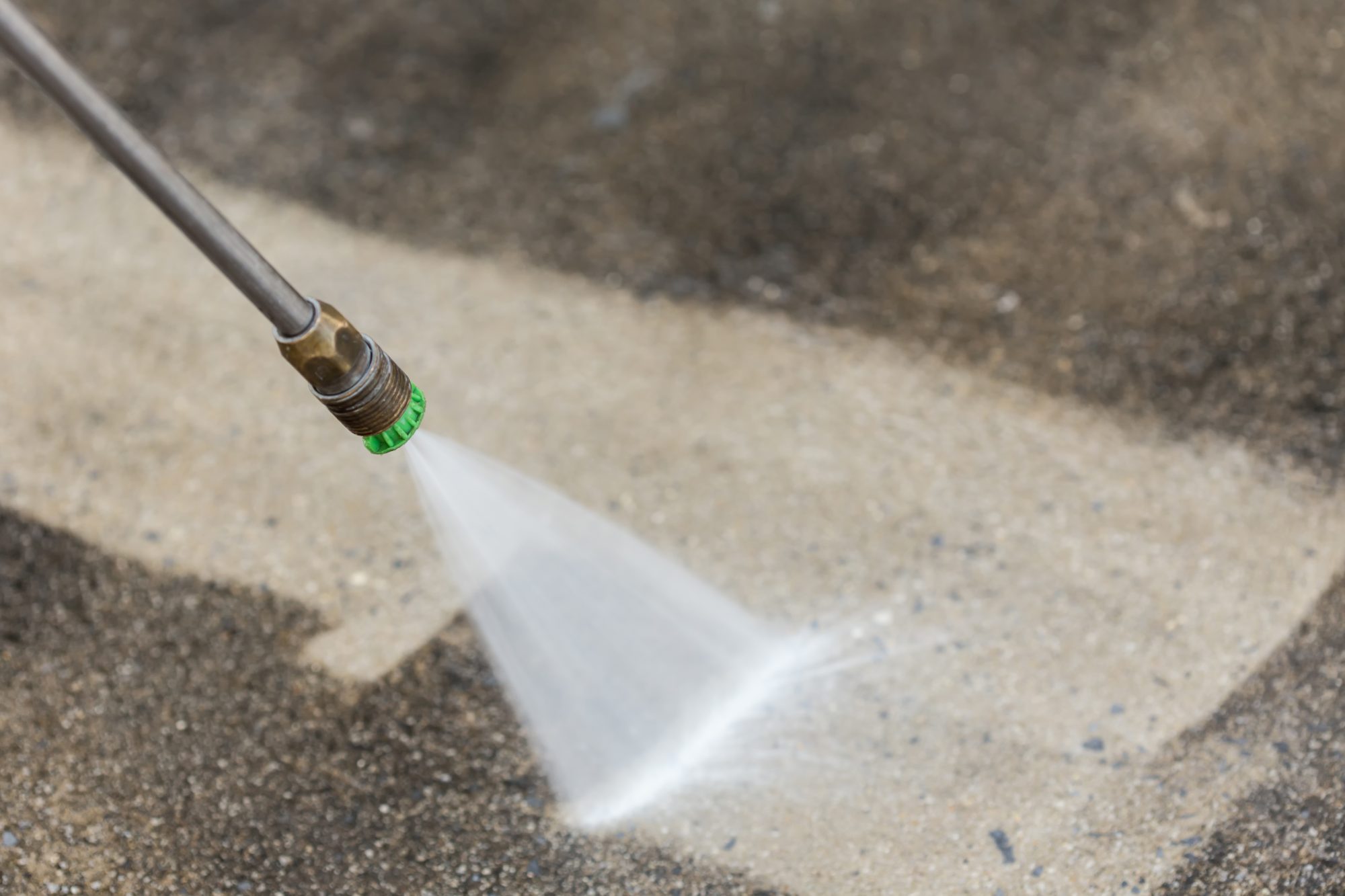
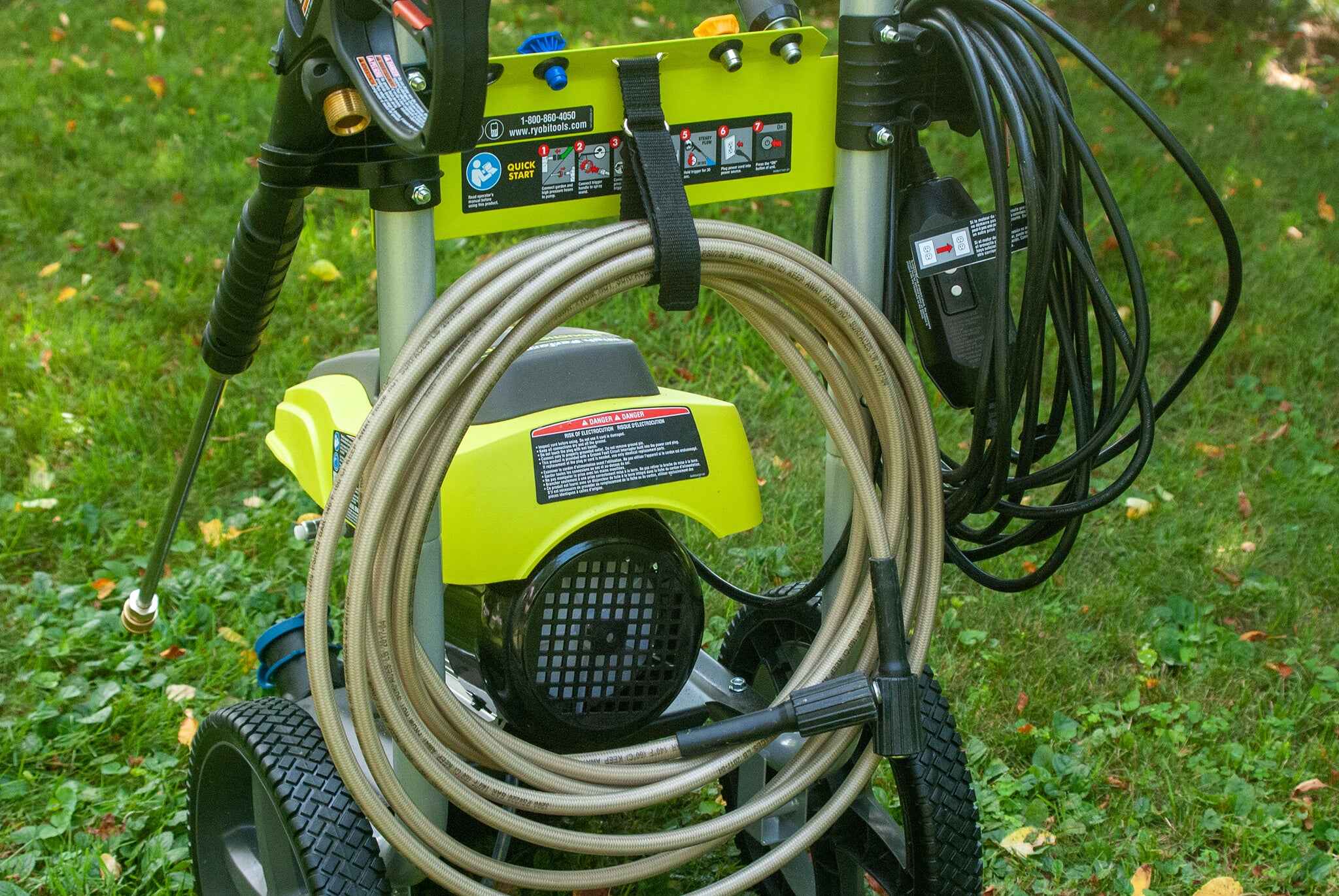
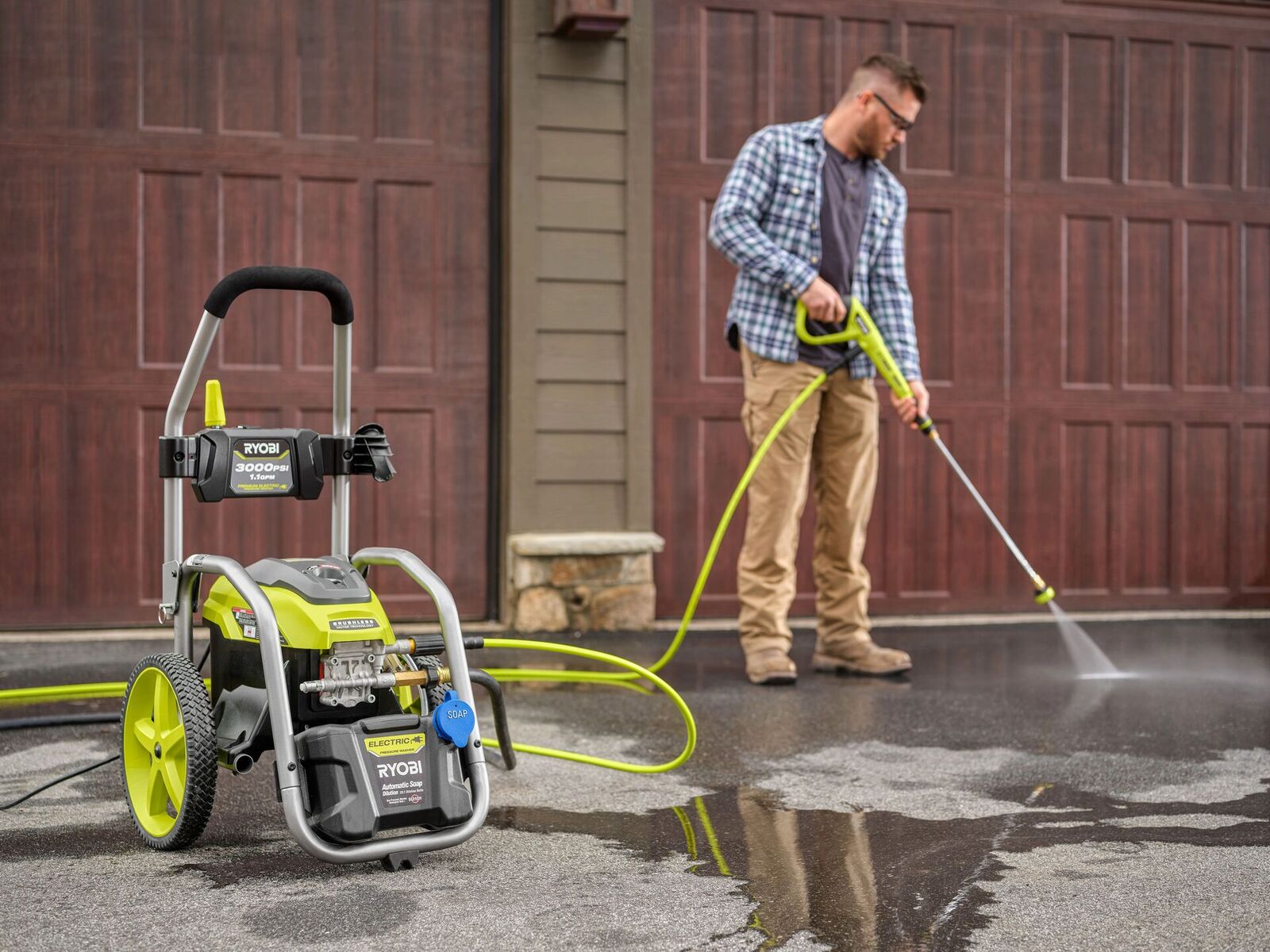
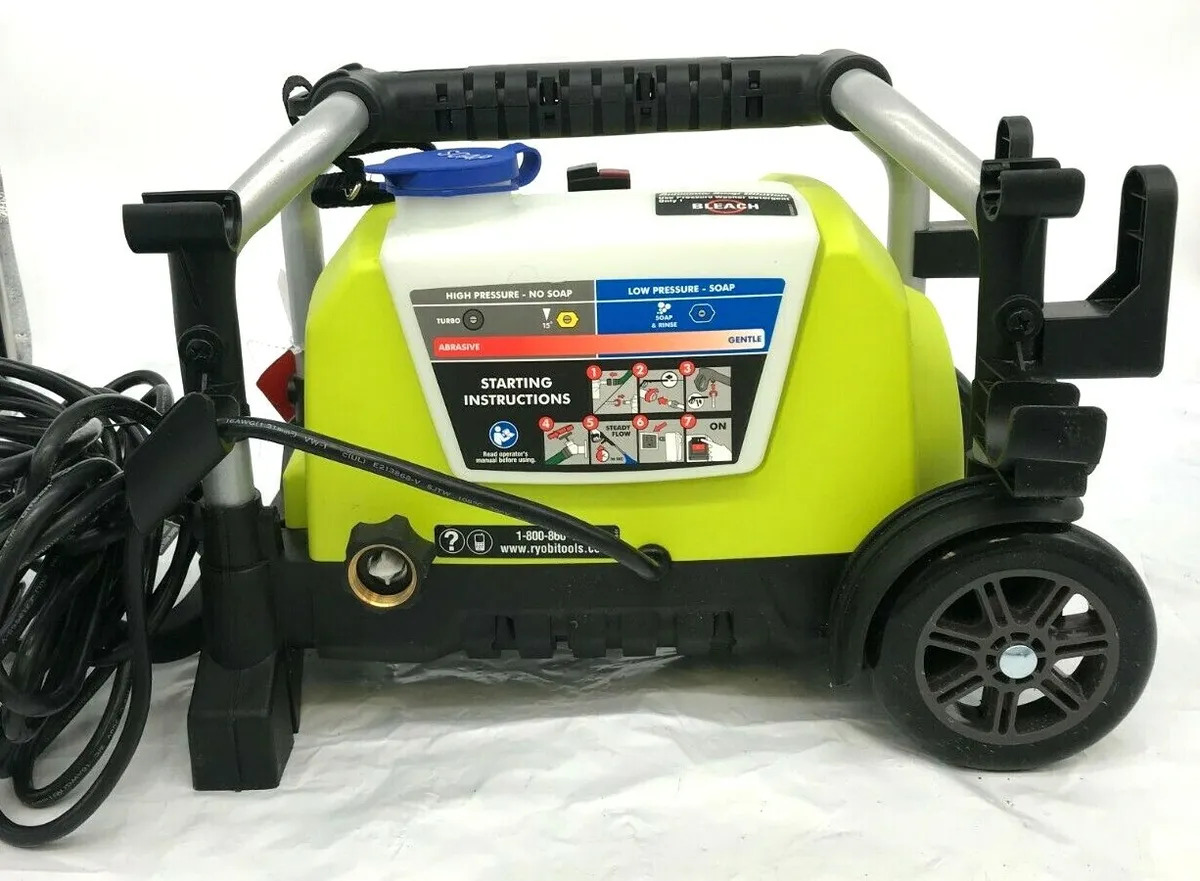
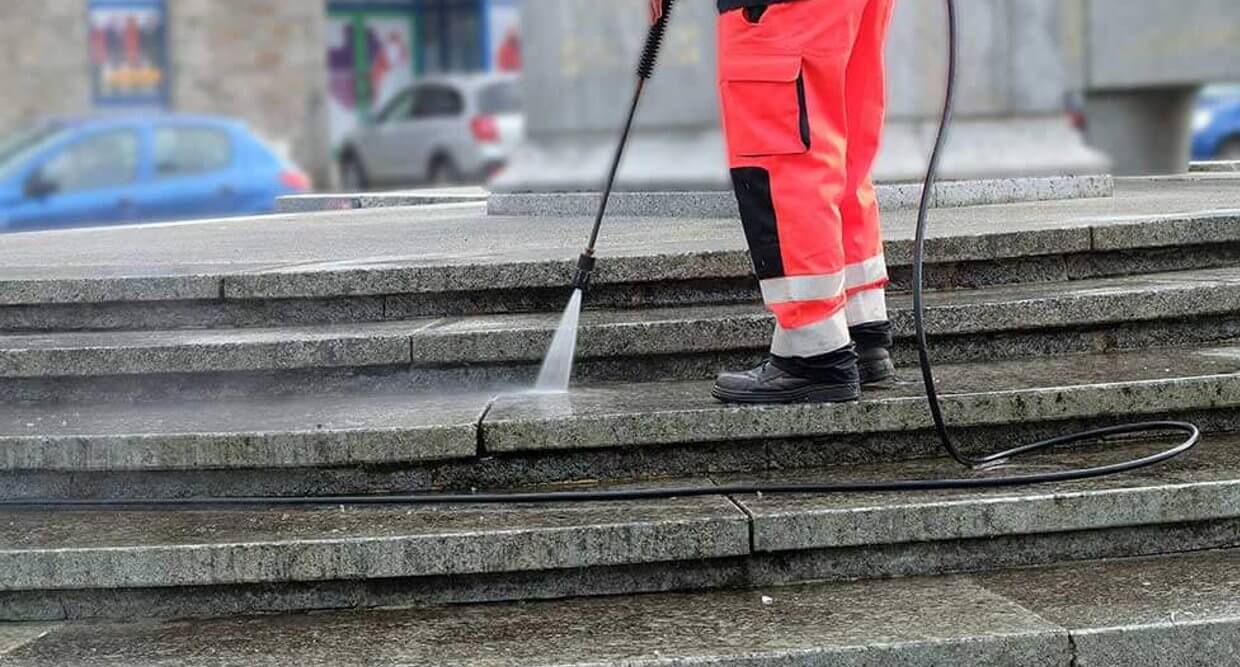
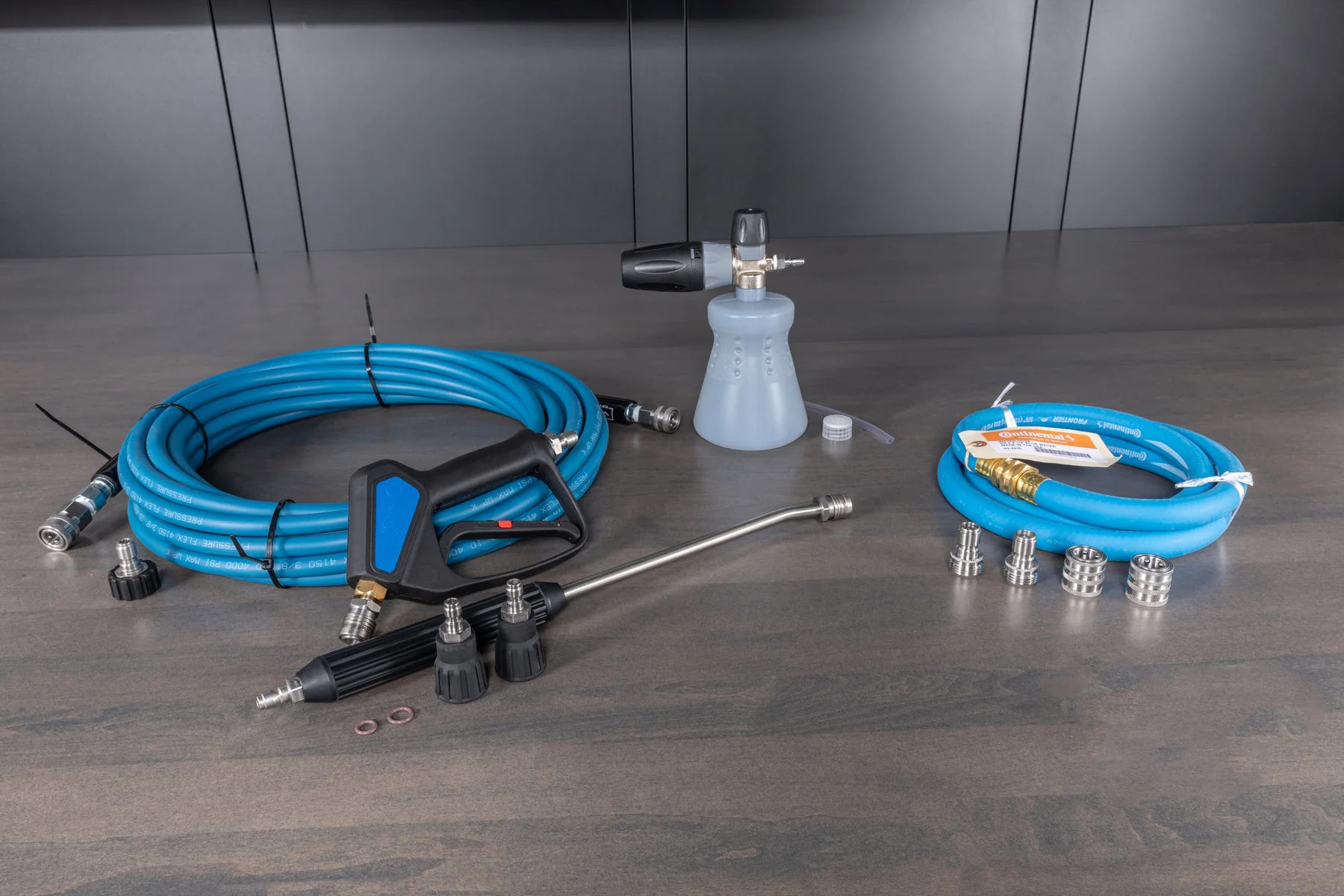
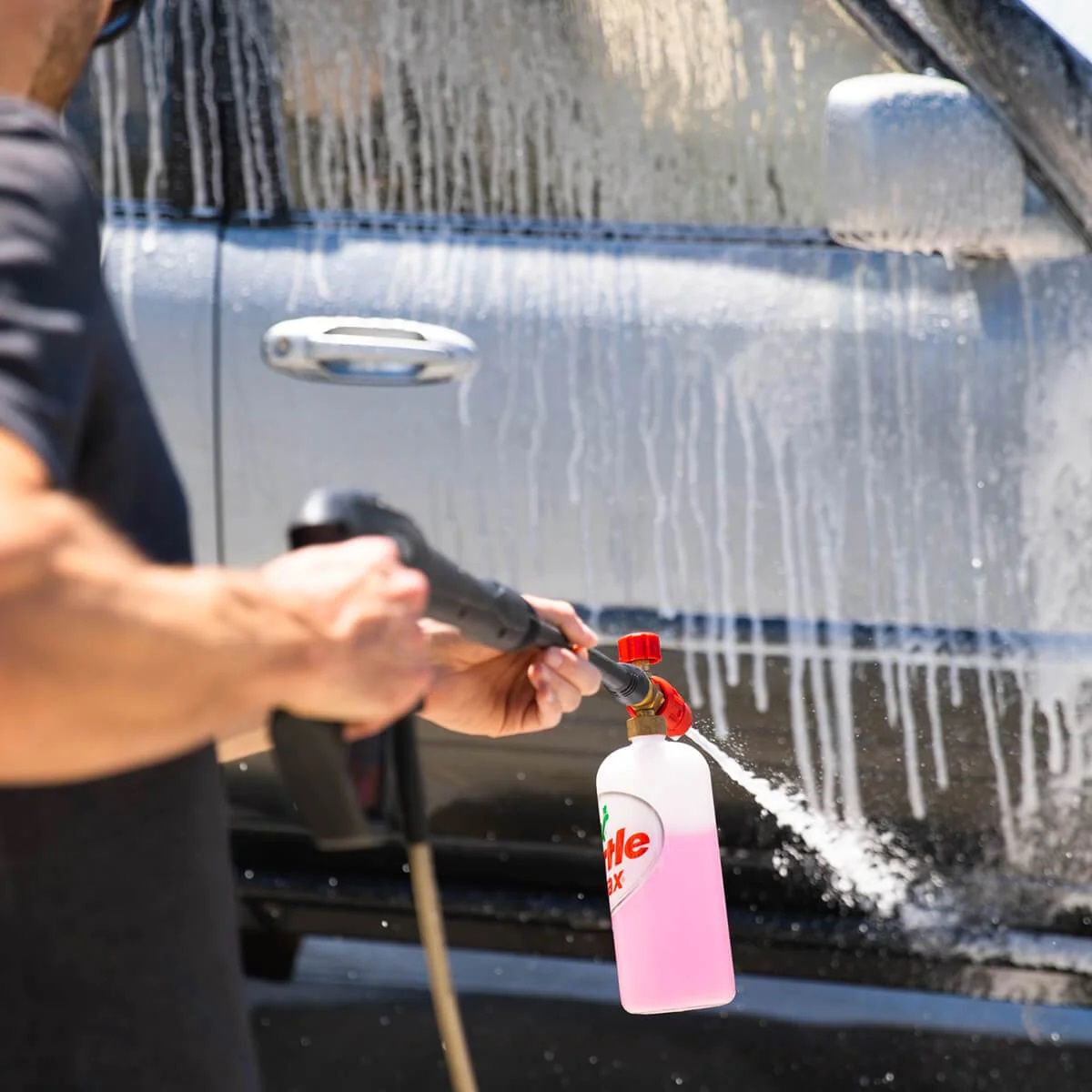

0 thoughts on “What Oil Does A Ryobi Pressure Washer Use”